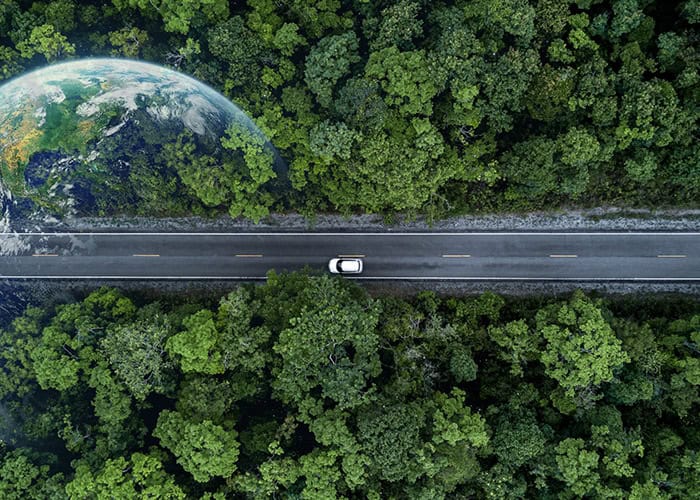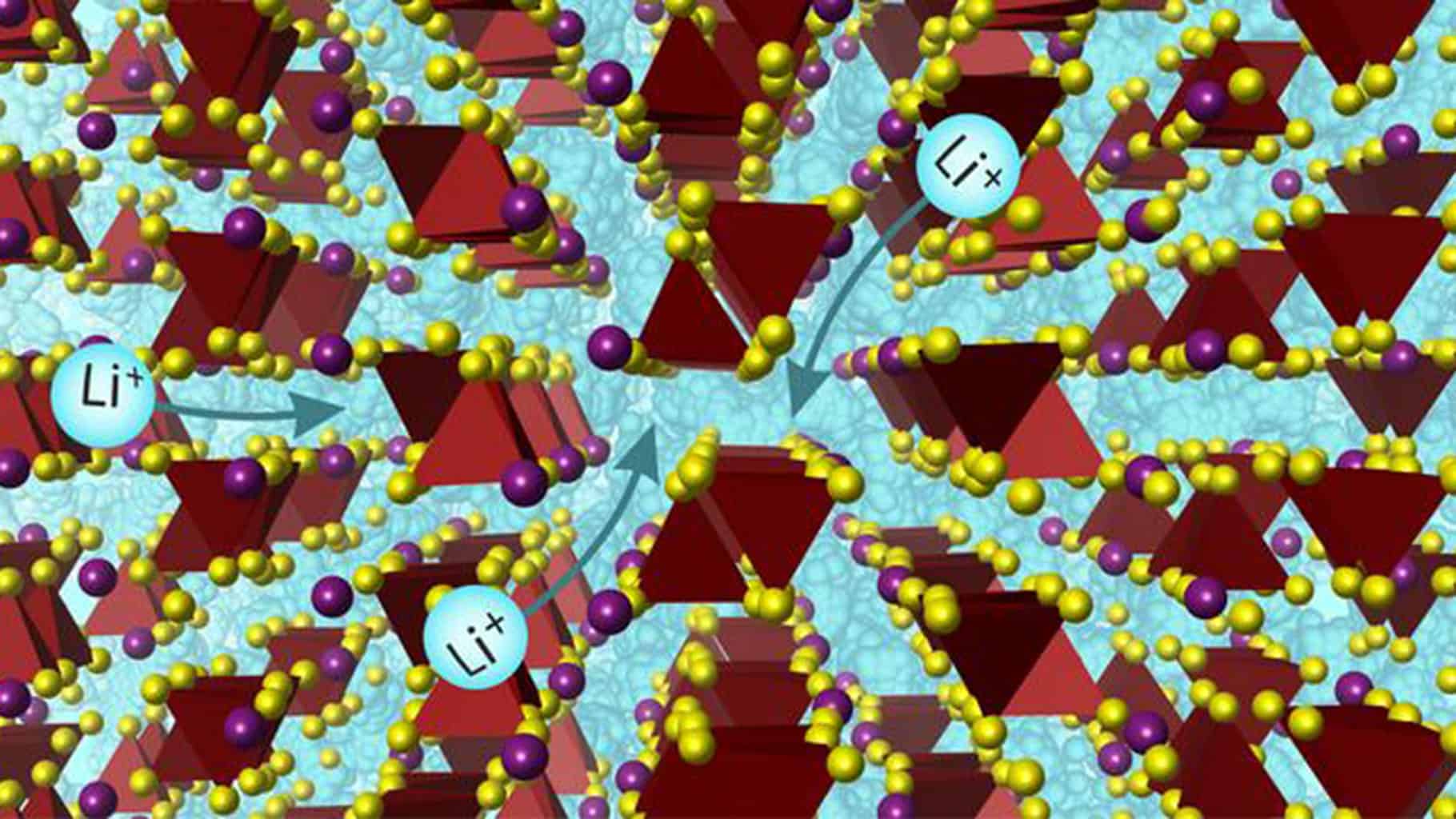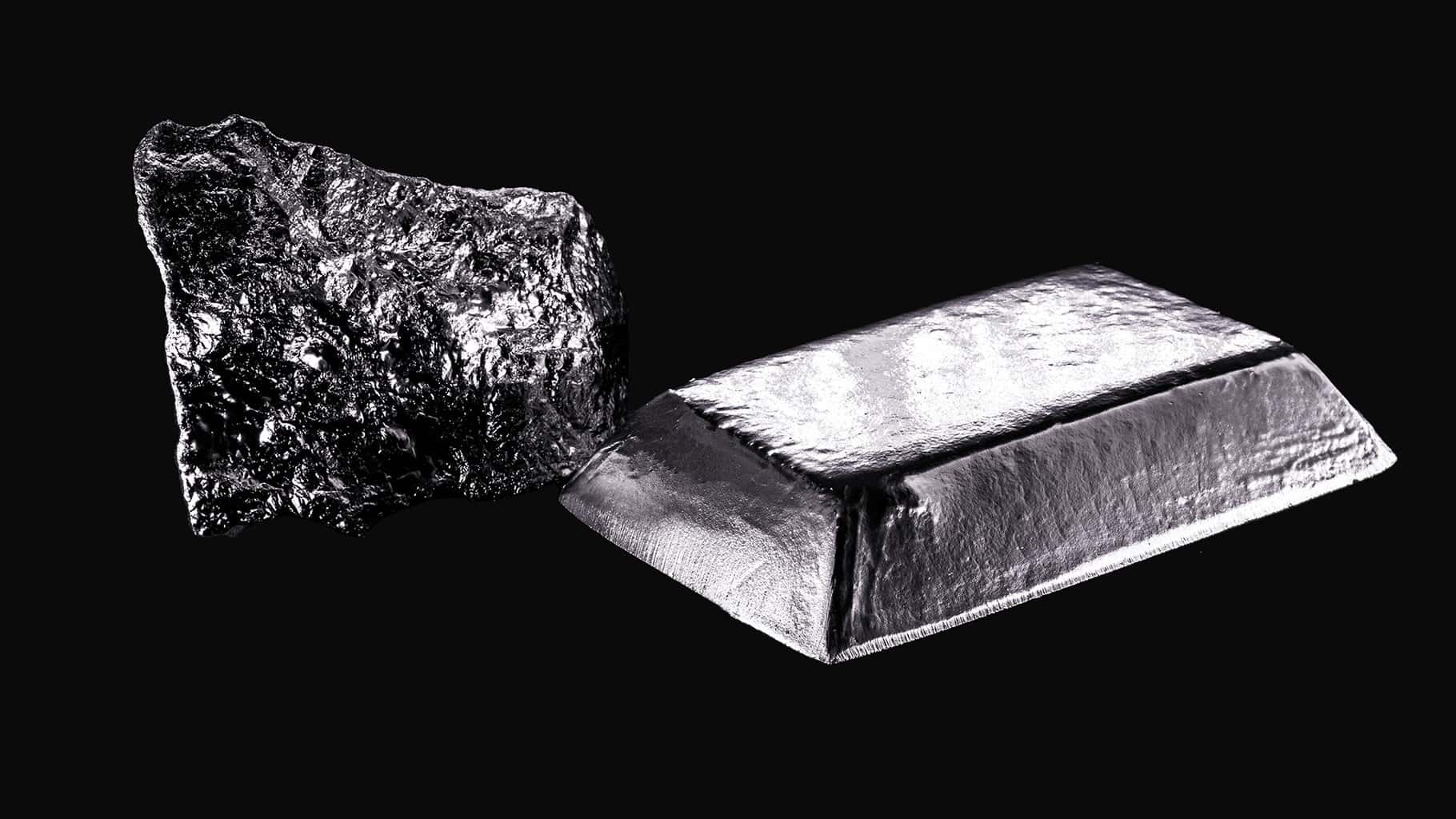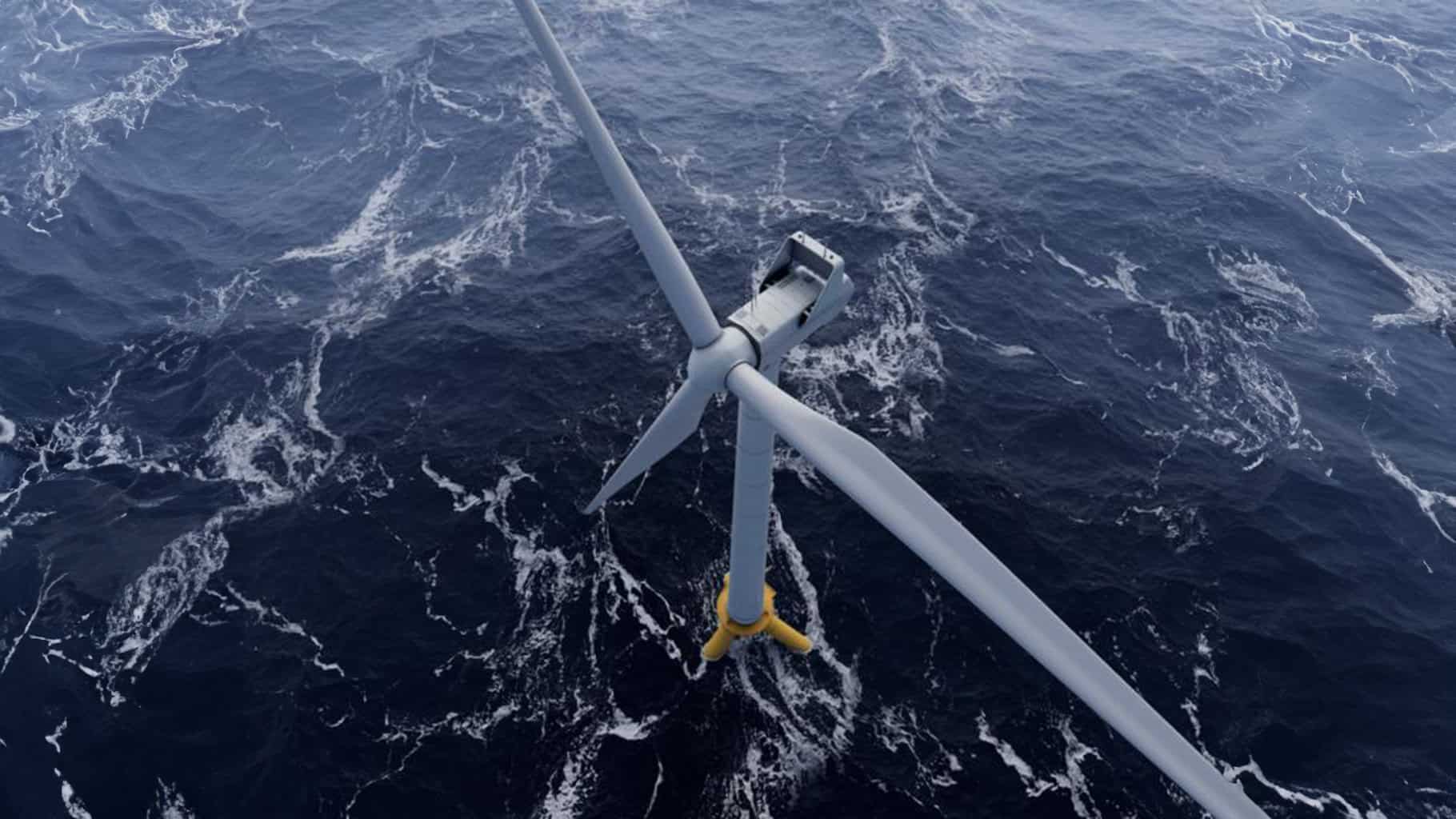Since Australia’s Critical Minerals List was last updated on 16 December 2023, six operating nickel facilities have announced a reduction in operations or gone into care and maintenance.
Nickel being placed on Australia’s Critical Minerals List means that companies will have access to financing under the $4bn Critical Minerals Facility and critical minerals-related grant programmes.
What is the importance of nickel?
A strong resources industry is important for the strength of Australia’s economy.
The sector is critical for the road to net zero, and nickel is essential to the energy transition.
According to the Nickel Institute, Australia has 21,000,000 tonnes of nickel, accounting for 19.6% of the global reserves.
The mineral has a wide range of applications, including in EV battery manufacturing, making production crucial.
Australian nickel operations at risk
Australia’s Federal Resources Minister, Madeleine King, has placed nickel on the Critical Minerals List to allow nickel companies to gain access to billions of dollars in Commonwealth funding.
Minister King stated that there are substantial structural challenges facing the nickel industry that cannot be addressed overnight.
“The international nickel price is forecast to stay relatively low through 2024, and likely for several years to come until the surplus of nickel in the market is corrected,” Minister King said.
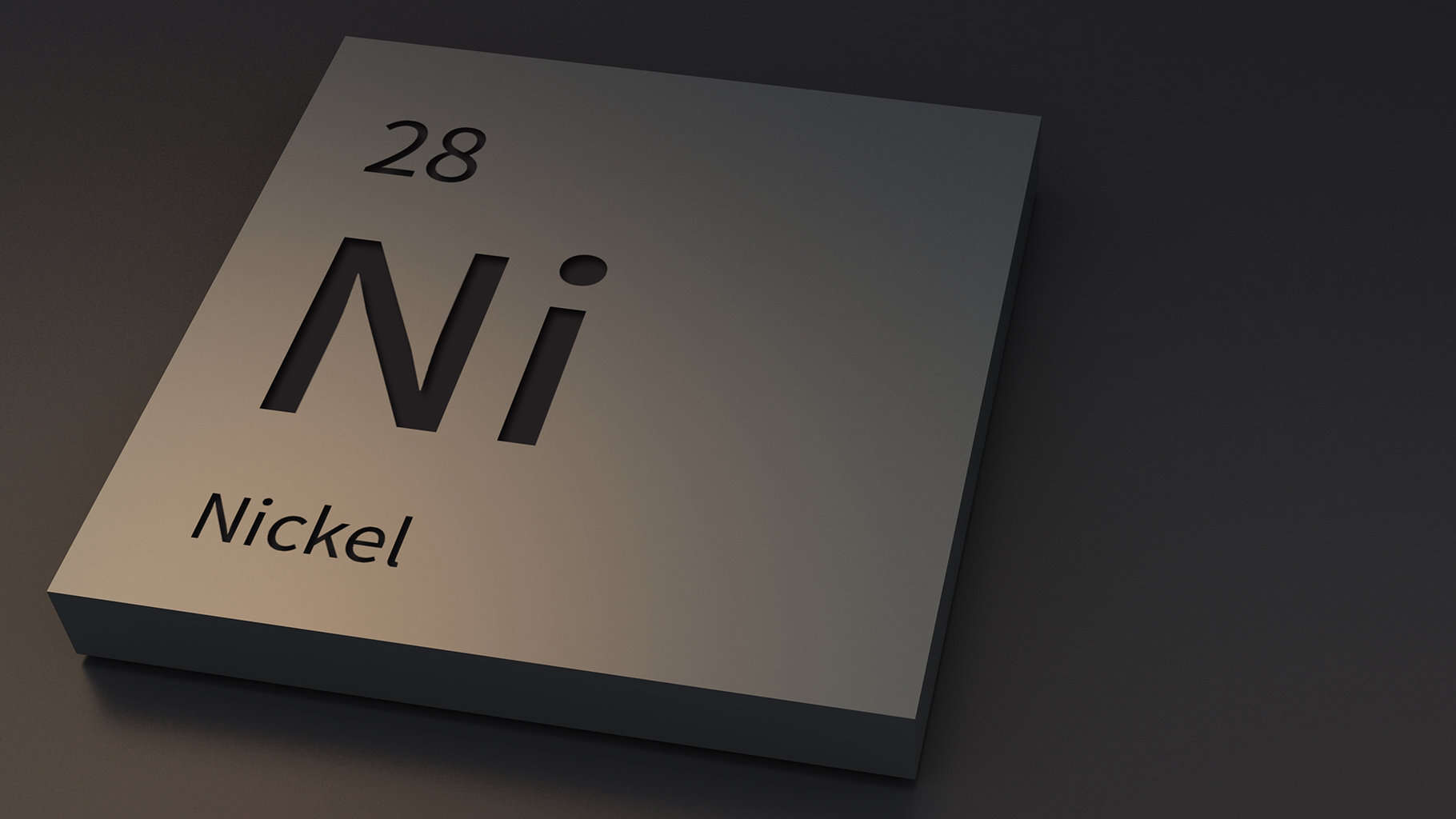
“In the meantime, this puts further Australian nickel operations at risk.
“Given impacts to our domestic capacity and noting the broader market developments presently unfolding in the nickel sector, I am fully convinced that we must be proactive in addressing the recent developments, including by adding nickel to the Critical Minerals List.”
Sustainable mineral production
Nickel resources in Australia are produced to high ESG standards. This means that Australia offers more sustainable and ethical critical minerals than many of the country’s competitors.
Importantly, the country is a world leader in conditions and protections afforded to workers.
Minister King said that she has been progressing important discussions with international counterparts in the UK, Canada, and the EU to ensure high standards applied in Australia’s critical mineral mining and production are reflected in prices on international markets.
The Australian Government is working to ensure that the country’s nickel producers are able to compete fairly in international markets.
Conclusions on Australia Critical Minerals List
The recent developments surrounding nickel in Australia underscore the critical juncture at which the country’s resources sector finds itself. The decision to include nickel on Australia’s Critical Minerals List has far-reaching implications, particularly in light of the challenges facing the nickel industry globally. The announcement of reductions in operations and shifts to care and maintenance by six operating nickel facilities highlights the urgency of the situation.
Nickel’s significance cannot be overstated, especially in the context of the energy transition and the pivotal role it plays in various industries, particularly in electric vehicle battery manufacturing. With Australia boasting substantial nickel reserves, accounting for a significant portion of global reserves, ensuring the viability of nickel operations is paramount for both economic prosperity and environmental sustainability.
Federal Resources Minister Madeleine King’s proactive approach in providing access to funding through the Critical Minerals Facility reflects the government’s commitment to supporting the industry during these challenging times. However, Minister King’s acknowledgment of the structural challenges facing the nickel sector indicates the complexities involved in addressing the current market dynamics.
Moreover, Australia’s emphasis on sustainable mineral production underscores its commitment to environmental, social, and governance (ESG) principles. By adhering to high standards and prioritizing worker protections, Australia distinguishes itself as a responsible global player in the critical minerals market.
The government’s engagement with international counterparts, such as the UK, Canada, and the EU, demonstrates a concerted effort to ensure a level playing field for Australian nickel producers in international markets. By advocating for fair competition and promoting high standards across the supply chain, Australia aims to safeguard its position as a leading supplier of critical minerals.
In conclusion, the inclusion of nickel on Australia’s Critical Minerals List reflects a strategic response to the challenges facing the nickel industry. It underscores the government’s commitment to supporting the sector, promoting sustainability, and ensuring Australia’s competitiveness in the global marketplace. However, addressing the structural challenges and navigating the complexities of the market will require continued collaboration and proactive measures from both government and industry stakeholders.


